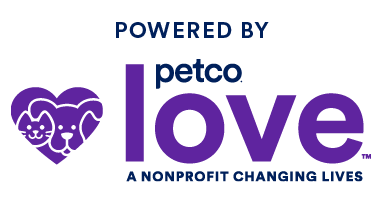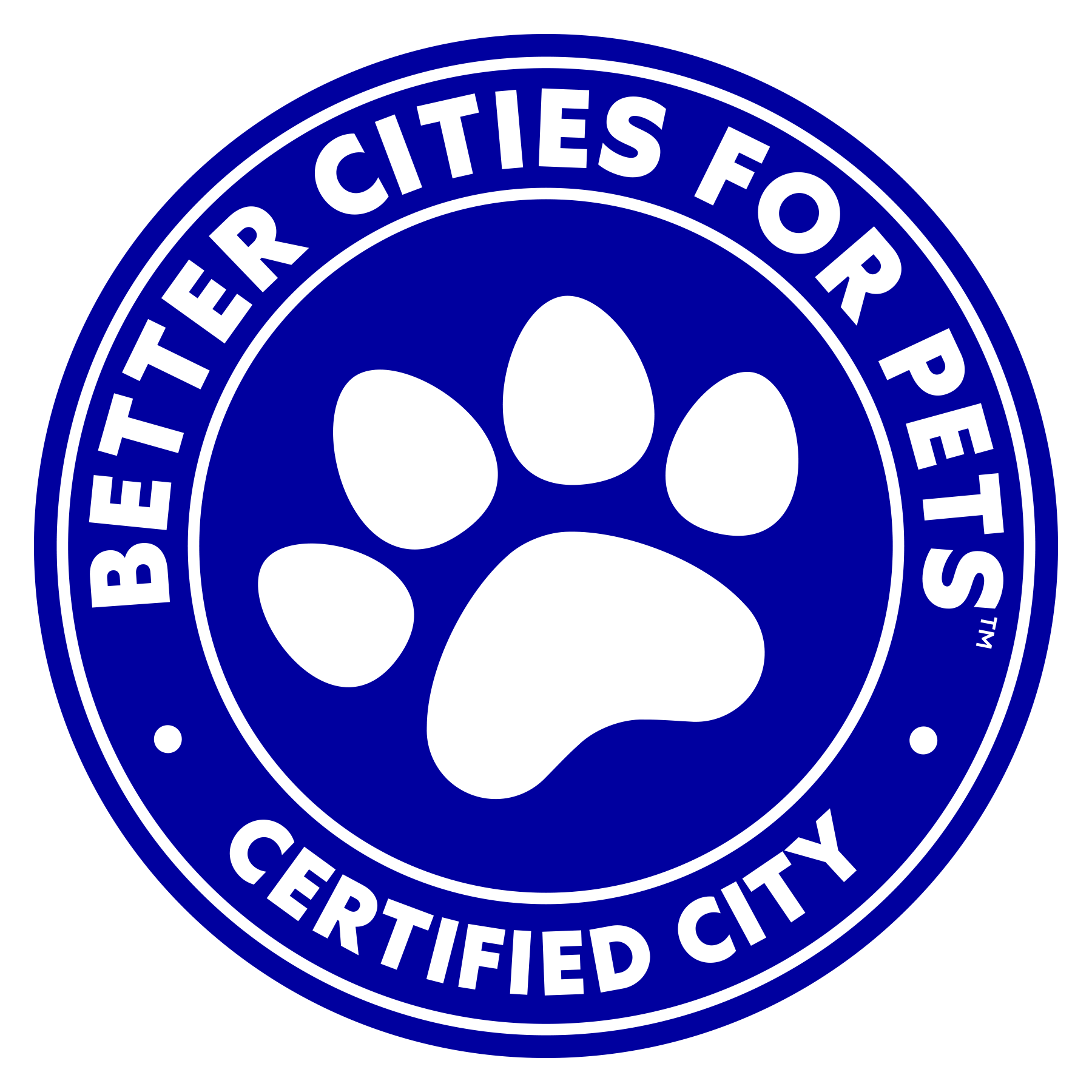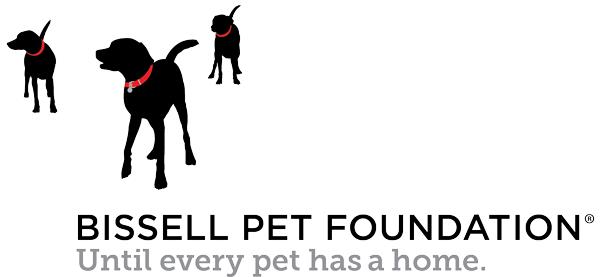Resource Guarding is the term dog trainers’ use to describe the behavior of dogs that protect what he or she considers being precious items. Often the dog’s coveted items are food bowls, toys or treats, but it can also include items they have stolen such as Kleenex, dirty laundry, or even a favorite sleeping spot and more.
This is a natural behavior; it’s genetically hardwired. Dogs are pack animals and the idea of sharing is counterproductive. You’ve probably seen nature shows where a pack makes a kill, and then fights over the food. This is nature at its most basic level, the one who eats, survives.
In most domesticated dogs the majority of this genetic hardwiring has been bred out. If your dog protects his toys or food, or even one member of his pack (your family) his doing so only means he’s normal. How you react to the situation will determine whether or not the resource guarding continues.
A dog who guards his possessions will display any number of behaviors, which may include consuming his food quickly, freezing, giving a hard eye stare, snarling, snapping, growling and biting.
It’s crucial a dog never be punished for showing any of these warning signs. When a dog is punished for giving warning signs, their only option is to move to the next level, which eventually means their last level, which is a bite.
Instead, work on changing your dog’s understanding about having items taken away. Begin with items your dog doesn’t appear to show much interest in and therefore doesn’t show resource guarding towards. When working with toys always trade up, which means if your dog likes tennis balls better than squeaky toys then trade him the squeaky toy by giving him the tennis ball. When taking away a chew toy like rawhide, trade him for bits of hot dogs and cheese. Always trade items which are more valuable to the dog than what you take away.
When the dog is eating from his food bowl, stay close and place more and better food into his bowl so he learns to welcome your approach. Do not focus on what the dog does wrong, but modify his understanding concerning you and others who coming within reach of his favorite items. Soon he’ll be excited to have you approach him while he eats, instead of feeling the instinctual urge to scare everyone away.
Resource guarding can be a major issue with some dogs. These dogs may require a lifetime commitment to lessen their instinctual urge to guard what they believe is their possessions. Usually resource guarding develops when the dog reaches adulthood so it’s important to begin training early. Even if your puppy doesn’t demonstrate any signs of resource guarding, be proactive and start trading for higher value items at an early age.
Tip of the week: If you need help with a dog who exhibits resource guarding, make sure the trainer works on changing the dogs understanding and not just the unwanted behavior.
Canine Companion conducts dog training classes in Fort Wayne, Huntington and surrounding communities and behavior consulting nationwide. Along with their combined 30 years experience and endorsement by national organizations, the lead trainers are graduates of Purdue University’s DOGS! Program and have earned the title of Certified Pet Dog Trainer through the Association of Pet Dog Trainers.





